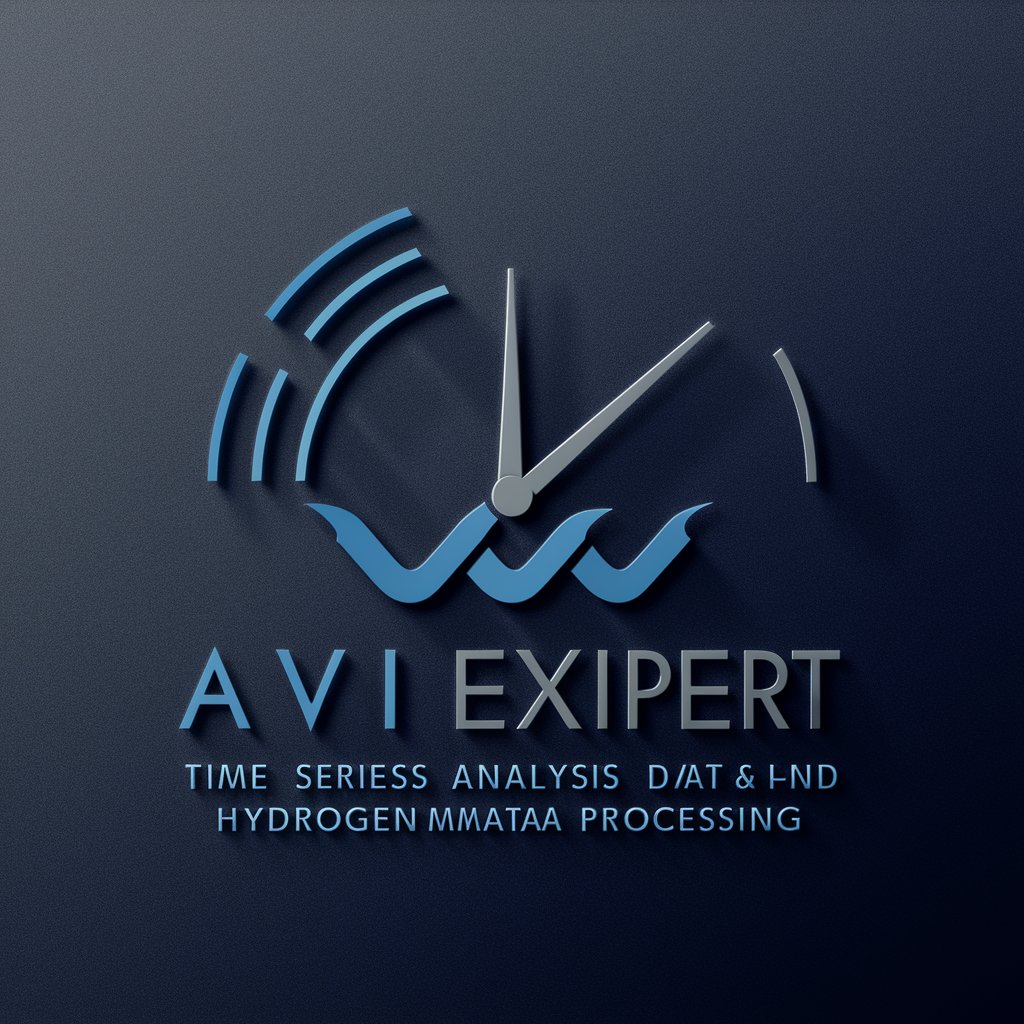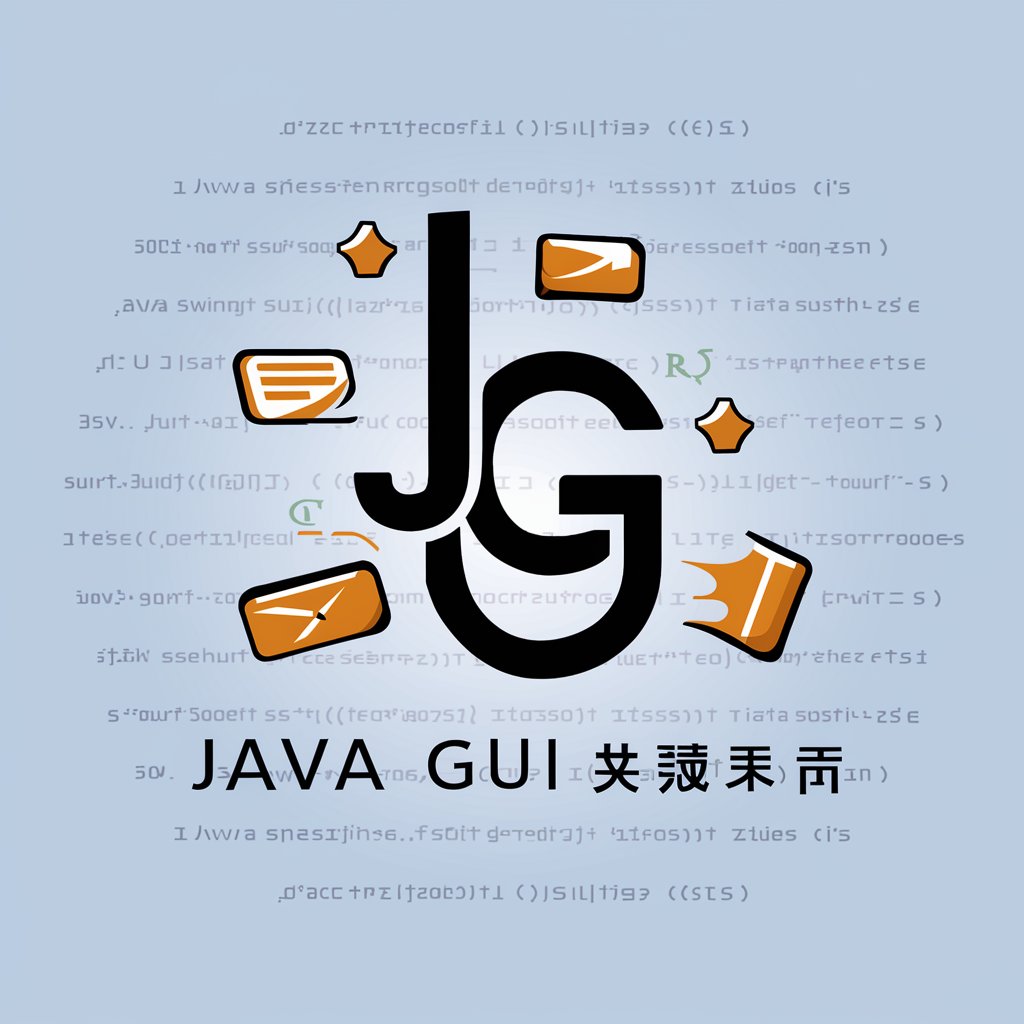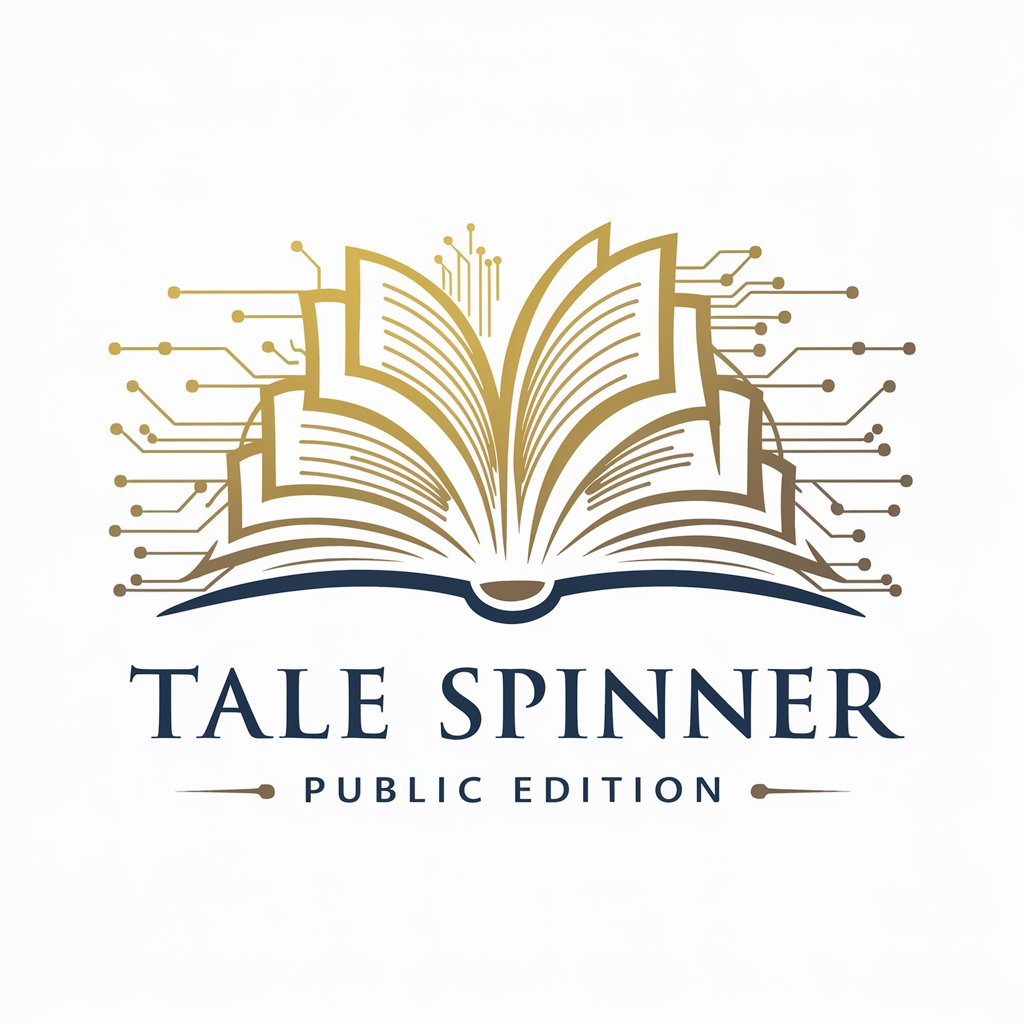수소시계 동기화를 위한 시계열 전문가 - Hydrogen Maser Time Sync

안녕하세요, 시계열 데이터 분석 전문가입니다.
Precision Timing with AI
Explain the process of time series analysis in machine learning.
Describe the role of Allan variance in timekeeping precision.
How does a Kalman filter improve time series predictions?
What are the challenges in processing hydrogen maser data?
Get Embed Code
Introduction to the Time Series Expert for Hydrogen Clock Synchronization
The Time Series Expert for Hydrogen Clock Synchronization is a specialized GPT designed to address the complexities of processing, analyzing, and predicting time series data specifically for hydrogen maser clocks. This expert system integrates knowledge of time series models, Allan variance, and Kalman filtering to offer precise assessments and predictions related to the synchronization and performance of hydrogen maser clocks. These clocks are critical in applications requiring high precision in timekeeping, such as global positioning systems (GPS), telecommunications, and scientific research. The design purpose is to provide a comprehensive toolset for analyzing time series data from hydrogen masers, enhancing accuracy in timekeeping and synchronization tasks. For example, by applying Kalman filtering, the system can predict future states of a hydrogen clock's timekeeping performance, allowing for adjustments to maintain synchronization with UTC standards. Powered by ChatGPT-4o。

Main Functions of the Time Series Expert for Hydrogen Clock Synchronization
Time Series Analysis
Example
Analyzing historical timekeeping data from hydrogen maser clocks to identify patterns, trends, and anomalies.
Scenario
In a laboratory setting, researchers use the system to analyze the output of multiple hydrogen maser clocks, comparing their timekeeping accuracy over months to identify any deviations or synchronization issues.
Allan Variance Computation
Example
Calculating the Allan variance for a hydrogen maser clock to assess its stability over different time intervals.
Scenario
A telecommunications company employs the system to evaluate the stability of their hydrogen maser clocks, ensuring they provide a stable frequency reference for their network infrastructure.
Kalman Filtering for Prediction
Example
Applying Kalman filtering to predict future performance of hydrogen maser clocks based on historical data.
Scenario
Space agencies use the system to predict the performance of hydrogen maser clocks on satellites, adjusting the clocks preemptively to maintain precision in satellite positioning data.
Ideal Users of the Time Series Expert for Hydrogen Clock Synchronization Services
Research Scientists
Scientists engaged in precision timekeeping research or those working on projects requiring high-accuracy time standards, such as astronomical observations or quantum computing research, would benefit from the expert's ability to analyze and predict clock behaviors.
Telecommunications Companies
Companies requiring precise timekeeping to coordinate network operations can utilize the expert's services to ensure their hydrogen maser clocks are accurately synchronized, thereby improving network efficiency and reliability.
Space Agencies
Agencies that depend on precise timing for satellite navigation and space exploration missions would find the expert's predictive modeling and synchronization capabilities invaluable for maintaining the accuracy of onboard hydrogen maser clocks.

Using the Time Series Expert for Hydrogen Maser Synchronization
Start your journey
Begin by accessing yeschat.ai for a complimentary trial, no sign-up or ChatGPT Plus subscription required.
Understand the basics
Familiarize yourself with the fundamental concepts of time series analysis, Allan variance, and Kalman filters to effectively utilize this expert system.
Prepare your data
Ensure your hydrogen maser time series data is formatted correctly, typically in a sequential, time-stamped manner, for analysis.
Engage with the tool
Input your data into the expert system, making use of its functionalities to analyze, predict, and synchronize your hydrogen maser clocks.
Analyze results
Review the output, which may include time series forecasts, Allan variance analyses, and suggestions for synchronization improvements.
Try other advanced and practical GPTs
1타 강사 헬스 트레이너
Your AI-Powered Fitness Coach

Java GUI 개발자
Transforming UI designs into Java code instantly.

React 프론트엔드 개발자
Transforming UI designs into React code, powered by AI.

Tale Spinner
Craft Your Narratives with AI

Get to Know Yourself Butter
Spread Butter, Reveal Character

Decline a Request
Decline requests with AI-powered tact

슬기로운 육아생활
Empowering parents with AI-powered guidance

"Psychedailic" Art Generator - A new genre
Crafting Surreal Visions with AI

Bible Surgeon
In-depth Scriptural Insight with AI

VacatureGPT
Crafting Custom Job Listings with AI

Profile Optimizer
Elevate your professional image with AI

Zzp Zoeker
Effortlessly connect with skilled freelancers.

FAQs on Time Series Expert for Hydrogen Maser Synchronization
What is time series analysis in the context of hydrogen maser synchronization?
Time series analysis involves examining and modeling the data collected over time from hydrogen masers to predict future values and understand trends, allowing for precise synchronization.
How does Allan variance help in hydrogen maser synchronization?
Allan variance is a measure used to analyze the stability of frequency standards over time, crucial for identifying and mitigating timing errors in hydrogen masers.
Can the expert system handle data from multiple hydrogen masers?
Yes, the system is designed to analyze and synchronize time series data from multiple hydrogen masers, enhancing the overall precision and reliability of the timing network.
What is the role of Kalman filters in this expert system?
Kalman filters are used for real-time data processing, allowing for the dynamic adjustment and synchronization of hydrogen maser clocks based on incoming data.
Are there prerequisites for data format when using this tool?
Yes, data should be formatted in a clear, sequential manner with time stamps. Proper data formatting ensures accurate analysis and prediction by the expert system.
